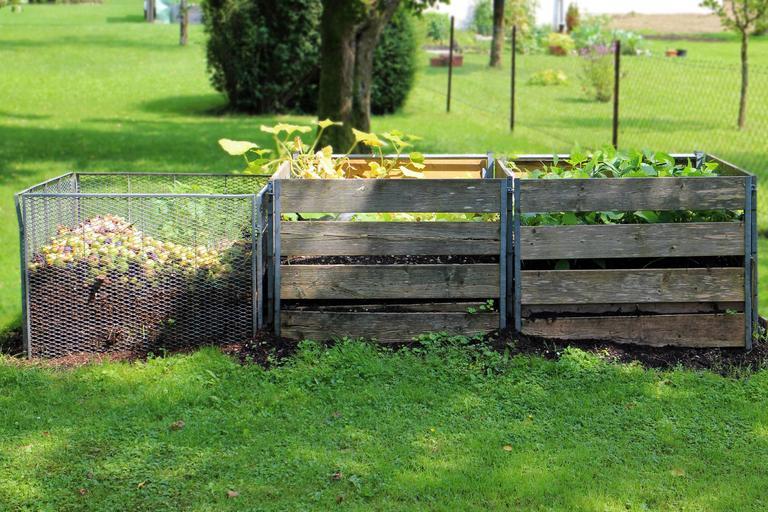
We need to pay more attention to our food consumption habits. Approximately 40 percent of food is thrown away in America–mostly by households. Food producers, retailers and restaurants are also contributors to wasted food.
Reducing food waste makes economic sense. It lowers your food bill and reduces disposal costs for restaurants, processors and farmers. But there’s an even more important reason to reduce food waste.
Food waste contributes to climate change
Discarded food ends up in a landfill, where it releases methane as it decomposes. Methane is a gas that is over 20 times more potent than carbon dioxide in trapping heat in the atmosphere. Here’s a shocking fact: If food waste were a country, it would be the third-largest greenhouse gas emitter, according to the United Nations Food and Agriculture Organization.
When we waste food, we are also throwing away the energy resources that went into producing, processing, packaging and transporting it. Foods that are more resource intensive to produce, like meat and dairy, affect the environment the most when discarded. Throwing away a hamburger is like taking a 90-minute shower in terms of the amount of water it took to produce it. Do we really want to waste water when we’re experiencing droughts from climate change?
Tips to reduce food waste

- If you have to throw out food, throw it in the compost bin. Compost enriches the soil and helps plants grow. Food waste can even be pressure cooked to create fuel for electricity and heat.
- Plan ahead. Check what’s in your refrigerator before you go grocery shopping. Make a shopping list and stick to it to avoid compulsive shopping. Buy only the food you need.
- Get creative with leftovers. Make a meal for the next day. If you don’t want to eat leftovers the next day, freeze them.
- Store leftovers in the front of the fridge so you can find them.
- Donate your extra food to shelters, food banks, and soup kitchens.
- Think about food waste in real dollars. Add a dollar sign to each item you throw away.
Resources
A sample of tools and apps that help people avoid food waste are Karma, Handpick, Ample Harvest and Food Cowboy and Green Heart.
Karma gives 50 percent discounts to buy excess food at cafes, grocery stores and restaurants.
Handpick helps plan meals around ingredients you already have.
Ample Harvest points gardeners to food pantries where they can donate excess food.
Food Cowboy helps wholesalers and truckers find charities where they can donate unsold food.
Green Heart contains potassium crystals that absorb gas released by fruit when it ripens to make it last up to three days longer.
Which one of these great ideas will you choose?

Leave a Reply